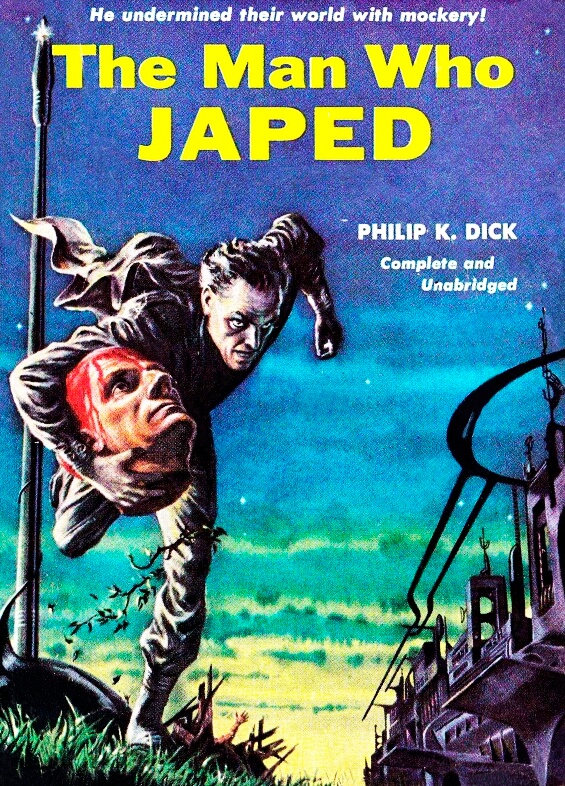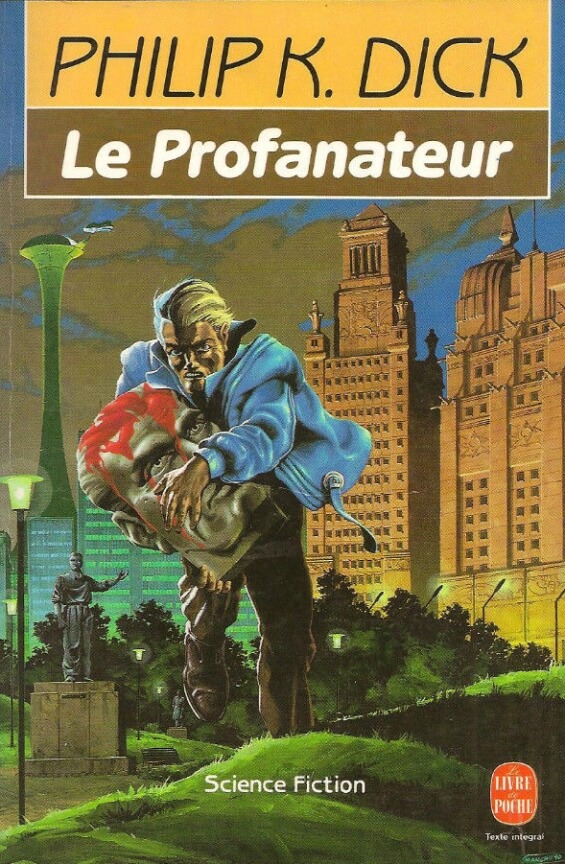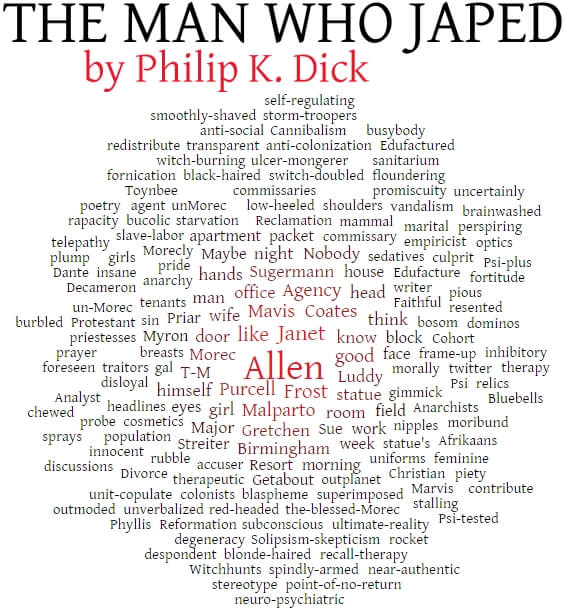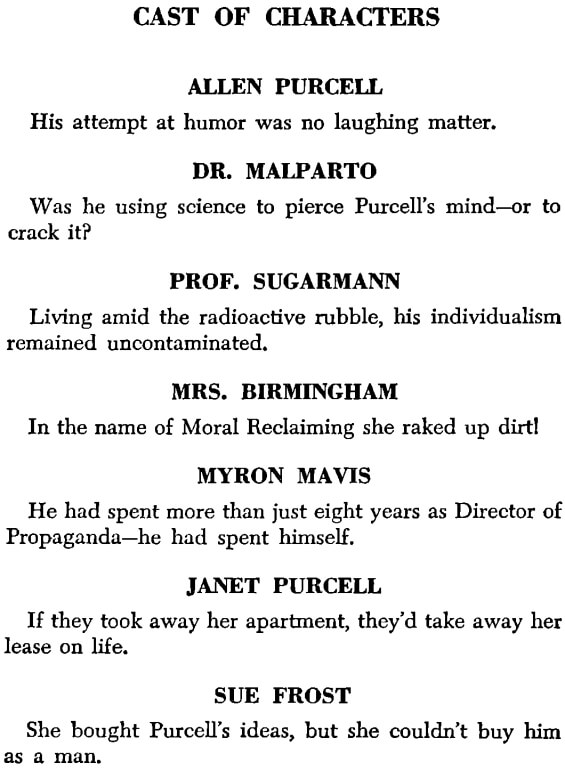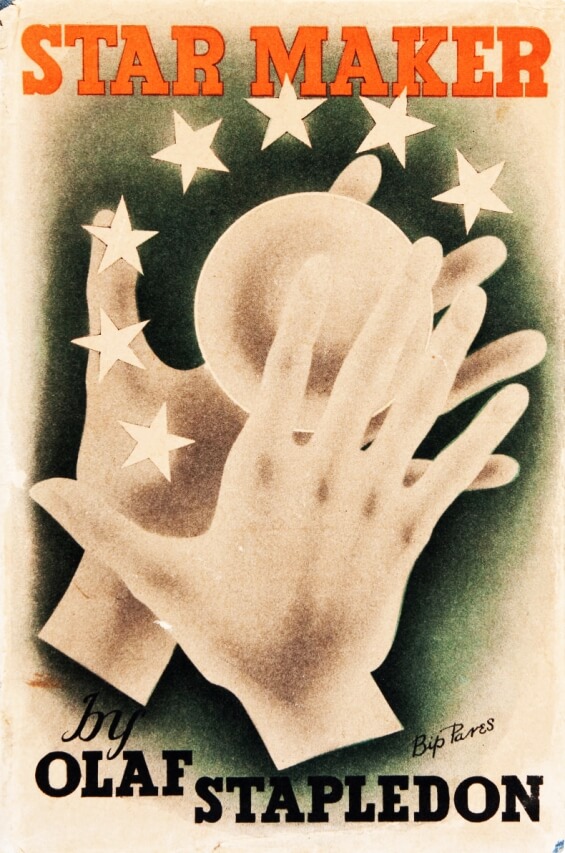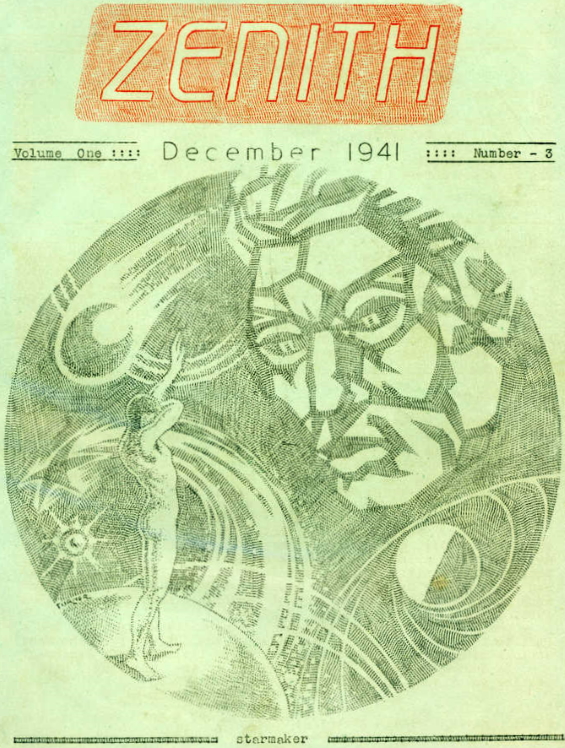
 The SFFaudio Podcast #374 – Jesse and Bryan Alexander talk about Moby Dick by Herman Melville.
The SFFaudio Podcast #374 – Jesse and Bryan Alexander talk about Moby Dick by Herman Melville.
Talked about on today’s show:
reading Moby Dick to the air, Moby Dick inspiring heavy metal, terror or dismissal, when Bryan was a student, Madness, Meaninglessness, and Deviant Sexuality, drop this class now, paragraph long themes, being driven insane by writing about Moby Dick, when Bryan was a young professor, if you can teach that you’re one of us, how to proceed, becoming a Moby Dick fanatic, going to sea, revisiting the sea, a book about everything, a most excellent LibriVox narration, re-reads, one of the things really good writers do, The Man In The High Castle by Philip K. Dick, “this object” -> “book”, a message about how this book is, besmoked and deface, shades and shadows, delineating chaos bewitched, a long and limber black mass, unimaginable sublimity, a blasted heath, a hyperborean winter scene, that one portentous something, a cape-horner in a great hurricane, every sentence is beautiful, a reader’s guide, a stack of copies, this is a comedy book, the etymology, the extracts supplied by a sub-sub librarian, the extracts are freaking random, something unpublished, he did a google search for “whale”, a complete flop, what the hell is it?, Typee, a giant whaling story, reading Nathaniel Hawthorne lit his brain on fire, SYMBOLISM!, Pierre Or the Ambiguities, The Confidence-Man: His Masquerade, “Herman Melville, Insane?”, everything you hear about it gives you no hint, this novel cannot be adapted, Ray Bradbury’s adaptations, Gregory Peck, a lot like Joseph Conrad, Melville is more terrifying than Conrad, hilarious like Edgar Allan Poe, a tragedy, a disaster, the first line of the book is a lie, gut churning fear, the sharks devouring everything, a terrifying book, the science fiction aspect, the fantasy aspect, when Pip is drowned he goes to the bottom of the sea, the infinite of his soul, the unwarped primal world, the miser merman: wisdom, god’s foot on the treadle of the loom, man’s insanity is heaven’s sense, in different as is god, like a Clark Ashton Smith passage, “anyone seen pip?”, coral insects that made the stars and the planets, every chapter veers sideways, visionary and inspired, mastheads, very strange, the last chapter, what does he mean by that?, our hero disappears, the yawning gulf, the great shroud of the sea, why 5,000 years ago, the sounds of the words, interweaving the whole coffin theme, my keeled soul, one tiny metaphor, a missing Shakespeare play, theatrical, musical, through recorded history, a vast inhuman nature swirling all-round, The Narrative Of A. Gordon Pym of Nantucket, it’s death, meet it fighting, are we gonna bring each other down in the attempt to fight death, yes, we are, the Pequod is like the Enterprise on the original Star Trek, C.L.R. James, Marxist theory, Mariners And Castaways, an anti-racist book, massively cosmopolitan, a slave ship that revolts, Benito Cereno by Herman Melville, slavers as props, the exhumed skeleton of Christopher Columbus, “Follow Your Leader”, a great novel of friendship, the sperm squeezing scene, the gayest and queerest book ever written, burly men squeezing sperm with each other, thumping each other, the universal thump, the barking insane chapter, Loomings, sharing a bed with a harpooner, he’s off selling his head, I’m not going to be the wife, a head in one hand and an axe in the other, hilarious, as if I was Queequeg’s wife, his bridegroom clasp, a hatchet-faced baby, so shockingly obvious, a giant block of time in which homosexuality was taboo, suicide, I quietly take to the ship, astonishing, if this book came out this year, shelved in the gay fiction section, where Ahab the queer old guy, white bone leg, rallying the troops, the three harpooners with their harpoons out, sharp and heavily polished, this is super-gay, like Gothic knight of old, a fresh lance, the three boats, Tashtego is from Gay Head (Martha’s Vineyard), Antarctic in their glittering expressions, his lithe snaky limbs, the son of the prince of the powers of the air, now hes taking to sea, the Science Fiction part, global economy, forward looking, the new global enterprise, Daggoo with his lion-like tread, masculine men, a powerful image, this is the 19th century power industry, you never need to read another book about whales, powering every home, anointing an new king with sperm oil, it’s called sperm-oil because it looks like sperm, touching each other lovingly under the sperm, there’s a library to keep up with Moby Dick, homo-social, Starbuck’s skepticism, going back to the whale, the whale as female or male, a fool’s errand, [recording broken] so much trouble with a book, The Tempest is just too big, what kind of fool was I think I could do a Moby Dick show?, we being repeating ourselves, Thomas Mann, necrophilia, imagine writing a review, contemporary reviews, people were smarter back then, attacking a book from the outside in, Garth Ennis’ Preacher, a big epic story, Alan Moore’s Watchmen, foreigners coming in and telling the American story, Breaking Bad, the noir journey, a lot darker than Moby Dick, Ahab going to his grave, The Oblong Box by Edgar Allan Poe, the American Renaissance, one of the ships at the Spouter Inn is from The Narrative Of A. Gordon Pym Of Nantucket, the 19th century anxiety about being buried alive, a grave with a window, part of the American Gothic heritage, like the Nostromo in Alien, abandoned military fortresses, haunted house, nature Gothic, prairies Gothic, the psycho-geographical features, a castle in the middle of the South Pacific, a secret crew, like Rochester’s secret wife, The Fall Of The House Of Usher, Usher II by Ray Bradbury, our sacred horrors, the mighty walls rushing asunder, a tarn at my feet, reading quotes, Ahab’s soliloquies, reading quotes, he’s dying, more palmy than the palms, the Pequod is him, The Haunted Palace, Star Trek II: The Wrath Of Khan, Khan’s obsession with Kirk, if Kirk was out there for revenge it would have been a very different show, The Balance Of Terror, a giant Berserker in space, The Doomsday Machine, Jesse Cuter is on a mission to kill God, Norman Spinrad, the whale lives on buried together in the sea, the greatest adventure writing of all time, action dialogue, the last soliloquy, he’s not afraid to make this book go all these places, so post-post modern, in uncharted territory, like Satan, Tashtego is the primordial American, claiming the doubloon, the head becomes his coffin, the ship, the hearse, the second hearse!, its wood could only be American, From The Earth To The Moon by Jules Verne, eternal malice, on their bull-like necks, sudden realization, slowly suddenly realizing, the hidden crew, The Secret Sharer by Joseph Conrad, Parsees, Persians, the foreign and the domestic, The Prophet, did you see those shadows going on to the ship?, a raucous ride from one kind of book to another kind of book, like a Gothic horror novel, with one survivor to tell the tale, burn it down, The Castle Of Otranto, so many things get brought into play, the sharks like are vultures following a battle, tiger yellow, words best omitted here, a little censorship, you live in a blessed evangelical land, anti-racist book, The Gold Bug, H.P. Lovecraft, death of beautiful women, Melville is in love with every colour of man, Saint Elmo’s fire turns the ship into candles, Ahab’s razors, the blue in Queequeg’s head, Tashtego’s shark white teeth which strangely gleamed, he’s powerful, holding the chain, blood against fire!, supernaturally tapped into the whale, he can smell the whale, in partial telepathic connection, forehead to forehead, changing from chapter to chapter, Thomas Pynchon, as Shakespearean as anybody has been, extreme states of being, we repeat ourselves, a bottle episode, Ozymandias, that is the devastation, a land epic, he’s in Lima (Peru), the strangest city, the white veil, a rigid pallor, two things that make Jesse sad, despair for humanity, when “net worth” is the autocomplete, despair despair!, ticket sales, desperate search answers for the pop-quiz, destroyed destroyed!, Bone is impossible to stop reading, running gags, trying to get people to read Moby Dick (and they fall asleep), petrified by his aspect, all your oaths are as binding as mine, the mark for thunderbolts, lightning power, the epithet for Captain Ahab is “old thunder”, this is not a book about the plot, we should never see Ishmael, seeing the world under the arm of Queequeg in his bed, it should never be adapted, cinematic to begin with, the storyteller is the frame, illustrated quotes, Fred Heimbaugh, Ahab is the Captain of the Black Freighter from Watchmen, an Alan Moore style book, the ebook for Jerusalem by Alan Moore, Jesse doesn’t read ebooks, traveling, a completely global book, a little map of the whaling ports of New England, the terrible old man in H.P. Lovecraft’s The Terrible Old man in Ishmael, the doubloons in The Dunwich Horror, did I review the book using the text of the book, no [actually, yes], accidentally on purpose, the same effect can be wrought, my illustration of the painting in the Spouter Inn, all the religion in the book, a member of the First Congregationalist Church, you are a preacher yourself, worshiping Wojo, all works turn to comment on themselves, when movies show up in the movies, Hitchcock movies, Tristram Shandy, the novel is doing this, sounding to bottom, Scarface, the American story, the American dream, The Sopranos, The Hunt, dark water is mystery, Gothic 101, the birds, the birds!, he profoundly saw, the undiscoveredable bottom, an open door marbled tomb, a tomb hunting for you, we never see it from the whale’s point of view, the whale as a force of nature, the honours heaped upon warriors (and those not heaped upon whalers), we fight battles no lesser men could ever fight, man against nature, man against himself, the candles, oh thou omnipotent, oh thou foundling fire, leap up and lick the sky, I worship thee, I glory in my genealogy, he’s killing his father, he despairs at his life at sea, 40 years at sea, best go out in a blaze, repeating the description of the Spouter Inn’s be-smoked oil painting, a church that is also a ship, unaccountable masses of shades and shadows, a nameless yeast, what does the marvelous novel mean?, you’re being harpooned, Macbeth, Bryan Alexander (for example), an exasperated whale, the ship is the bread, the sea is the wine, the white whale as the lamb of god, Orson Welles, The Grasshopper Lies Heavy, Eric S. Rabkin’s idea of Fantasy, was it bitten off below the knee or above?, maybe it’s only his own ivory there, nobody has written a prequel, Peter Watts’ The Things, a funny thing about The Thing From Another World, John W. Campbell ripping off H.P. Lovecraft, the prequel sequel remake of The Thing was pretty damn good, watching cartoons, In The Walls Of Eryx, At The Mountains Of Madness, condensed Olaf Stapledon, The Shadow Out Of Time, astronomy, tone and effect, psychological science, The Pit And The Pendulum, Arthur Machen, World War I, the Angels of Mons



Posted by Jesse Willis

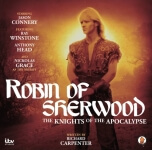 Robin Of Sherwood: The Knights Of The Apocalypse
Robin Of Sherwood: The Knights Of The Apocalypse




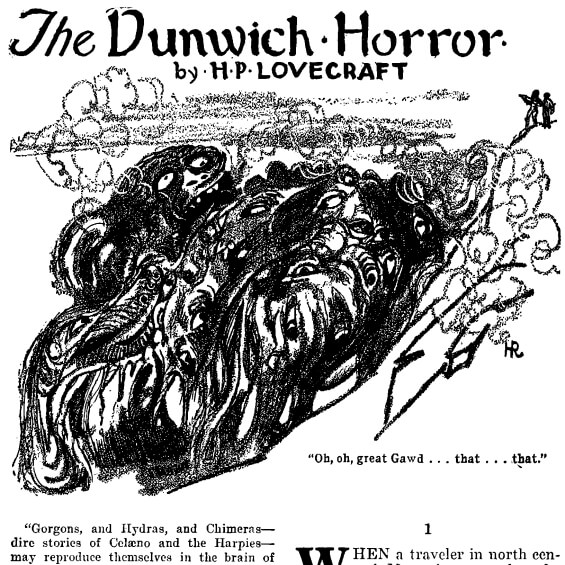

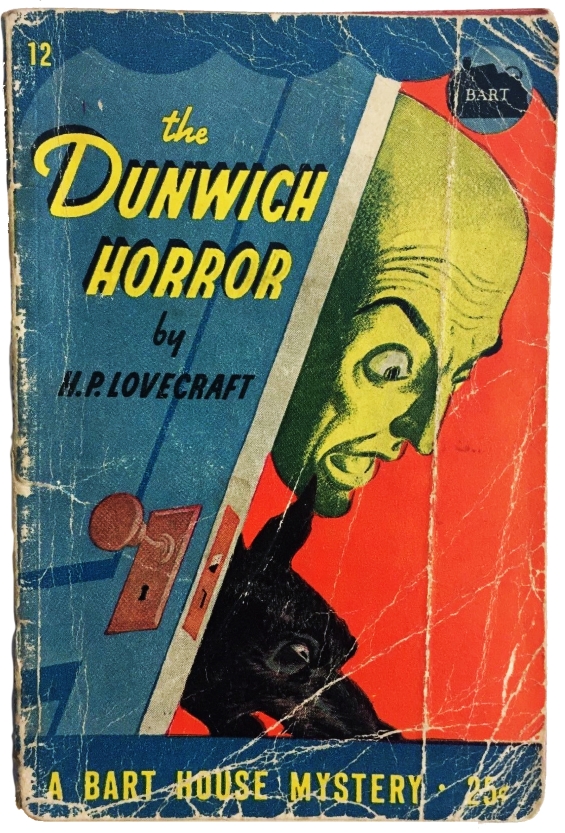
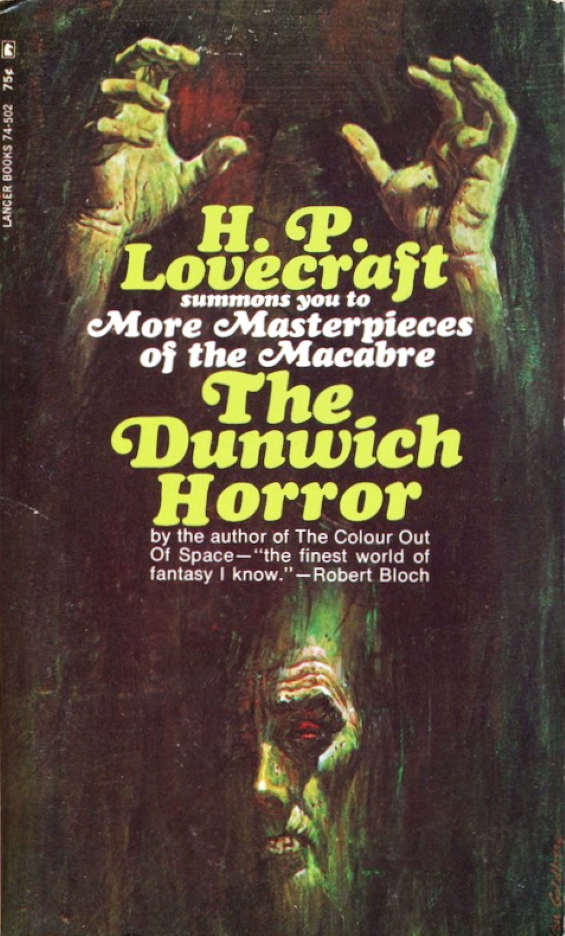
 Reading, Short And Deep #009
Reading, Short And Deep #009